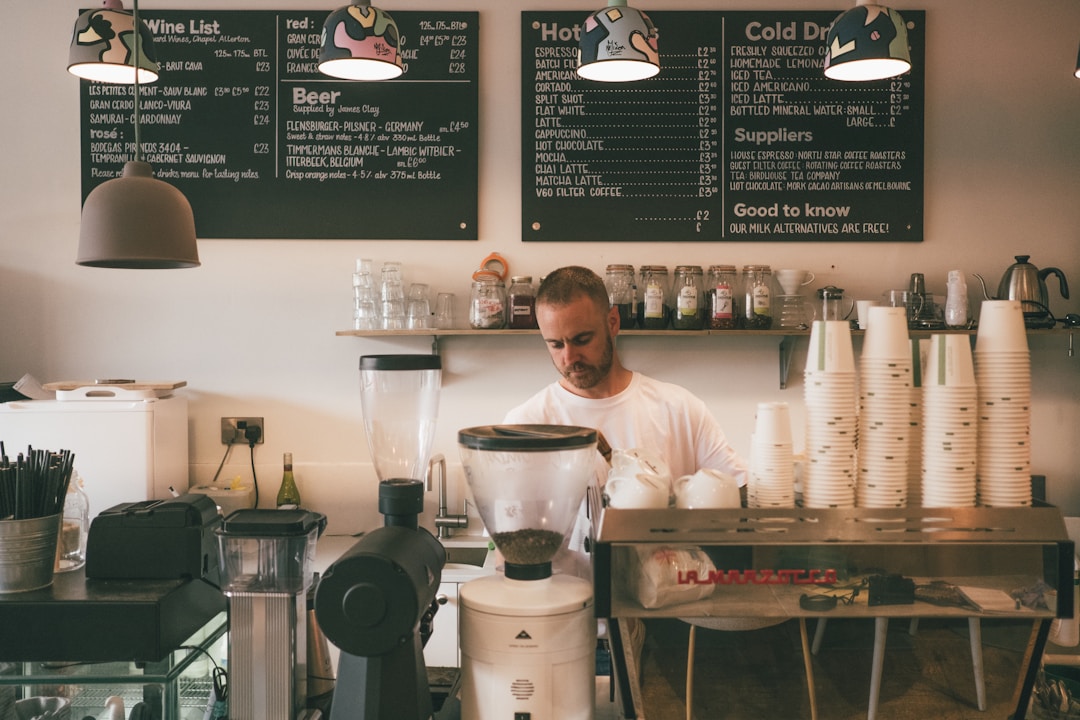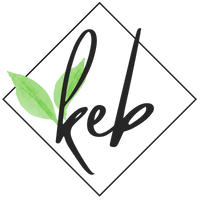As you open your business and grow your sales, you will start to acquire more assets. These assets range from the property you own to the income you earn. The more you grow, the more you need to protect. Fortunately, there are multiple types of business insurance that can help you in the event of a crisis or lawsuit. Learn about public liability insurance and what the application process looks like.
What is public liability insurance?
Public liability insurance covers your business in the event that you injure a member of the general public. If your business is considered negligent – meaning it didn’t take reasonable steps to keep those people safe – injured parties can sue your company for damages including medical bills and emotional trauma. These lawsuits can range from a few thousand dollars to more than one million dollars.
Without liability coverage, the injured parties will go after your assets like your equipment, storefront, and any other items that contain a value. Your insurance coverage ensures that these items are safe and can potentially protect your business from bankruptcy.
What are some examples of public liability accidents?

In order to bring a case against a company, a member of the public needs to show that they experienced a bodily injury on the business premises of your small business. A few examples of this include:
- A customer slips and falls on an icy sidewalk on your campus.
- A salesperson or vendor falls down the stairs because the guardrail was loose.
- A delivery professional gets injured when the loading ramp isn’t properly enforced.
In all of these examples, members outside of your company are injured because of maintenance that you should have kept up with. Because your company caused the injury, you, as the business owner, will need to cover the costs associated with recovery.
How is public liability different from general liability?

There are other types of insurance you will need as a business owner. Another common form is general liability insurance. General liability insurance is a larger umbrella of coverage. In fact, there will likely be a public liability section under your general liability policy. General liability covers property damage (like a tree falling on a customer’s car), workplace accidents, and other issues that could crop up while running a business.
How can you get public liability coverage?
This type of insurance coverage is similar to other professional plans. When you first open your business, look into commercial general liability policies. Shop around with different insurance companies to find a fair price that also provides the coverage you need.
The cost of your insurance policy will vary based on multiple factors. Underwriters take into consideration the type of business the applicant operates and the potential risk factors associated with it. For example, an ax-throwing company might pay more for insurance than a brewery because there are weapons involved (even if they are used for fun activities). A manufacturing plant with a large campus has more risks than a small retail store in a mall.
The application process may take a few weeks, and your underwriter may want to see proof that you operate a safe organization. If your insurer thinks your business is unsafe, they may revoke their coverage.
In the same way that you don’t want to get behind the wheel without car insurance, you don’t want to operate your business without this type of insurance. Just because someone is injured in a seemingly public place (like your sidewalk) doesn’t mean you aren’t liable for their care. Start working on your insurance application today to make sure your assets are protected.








